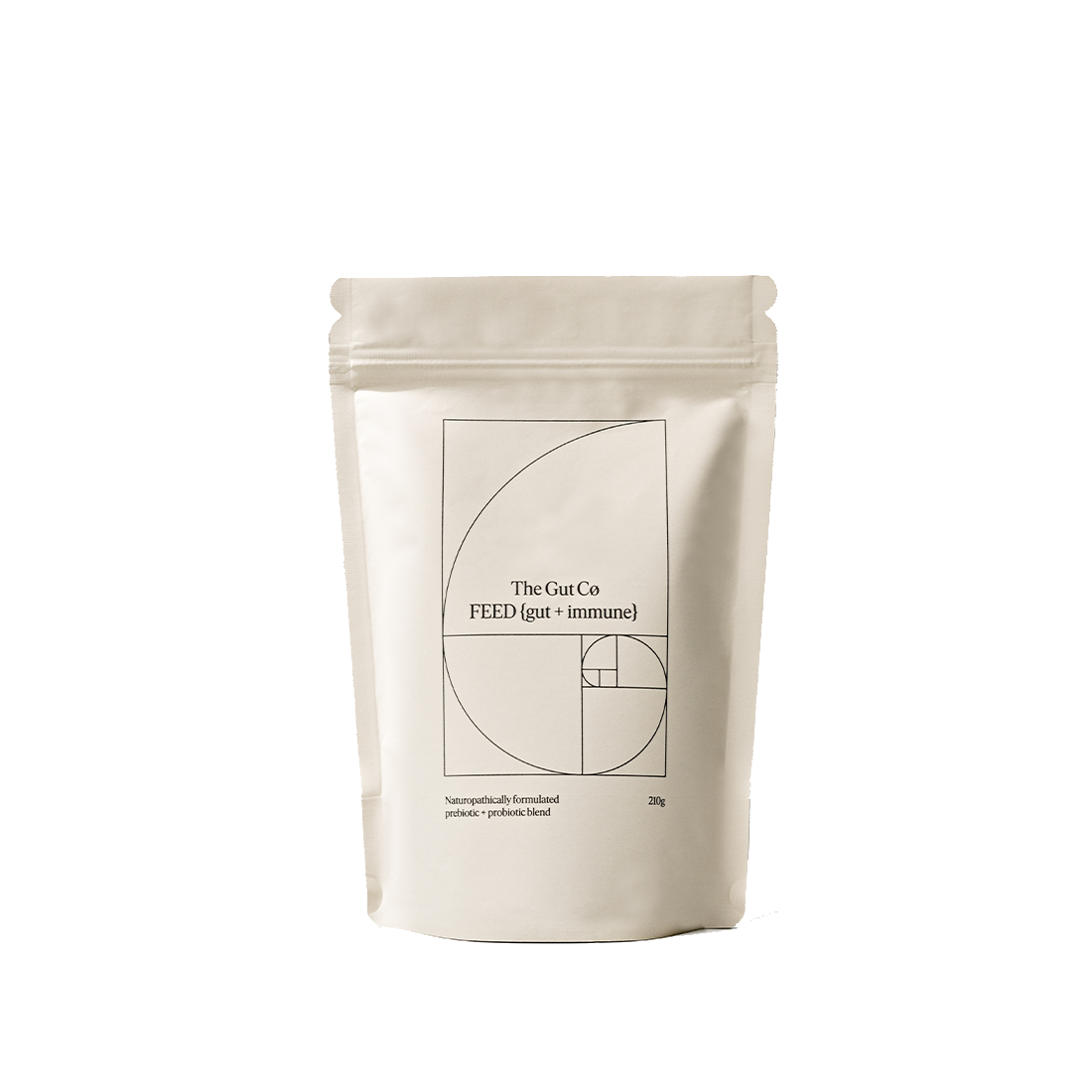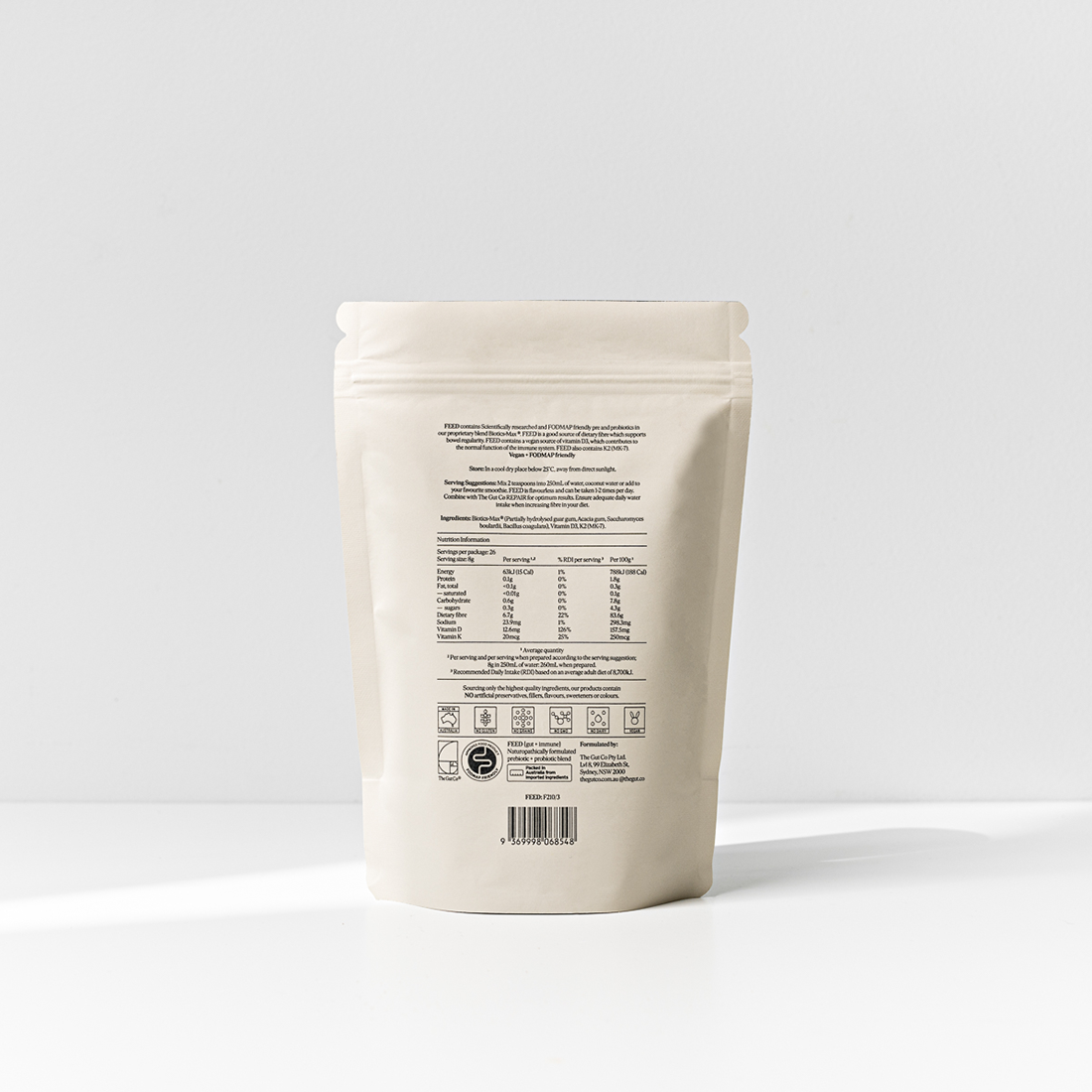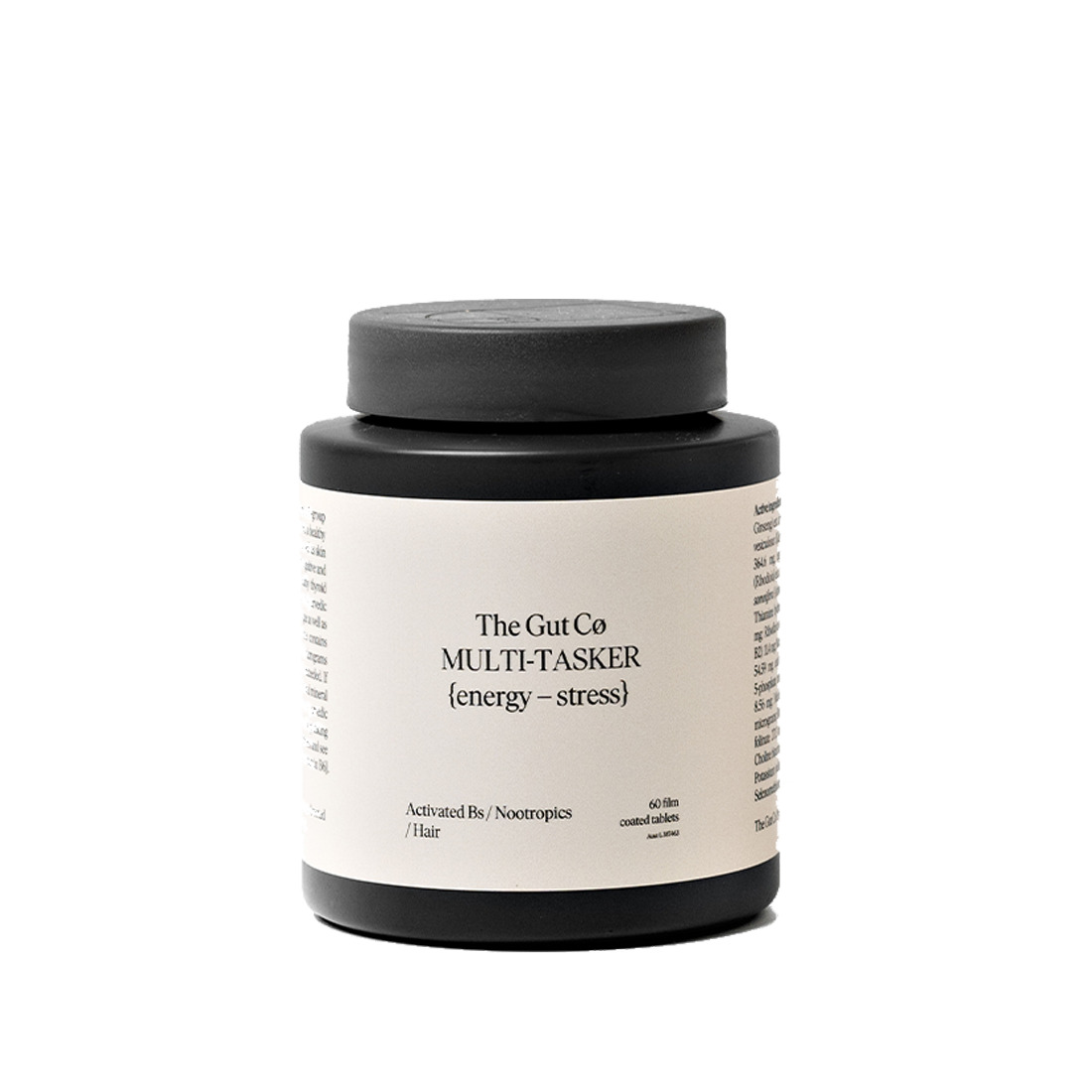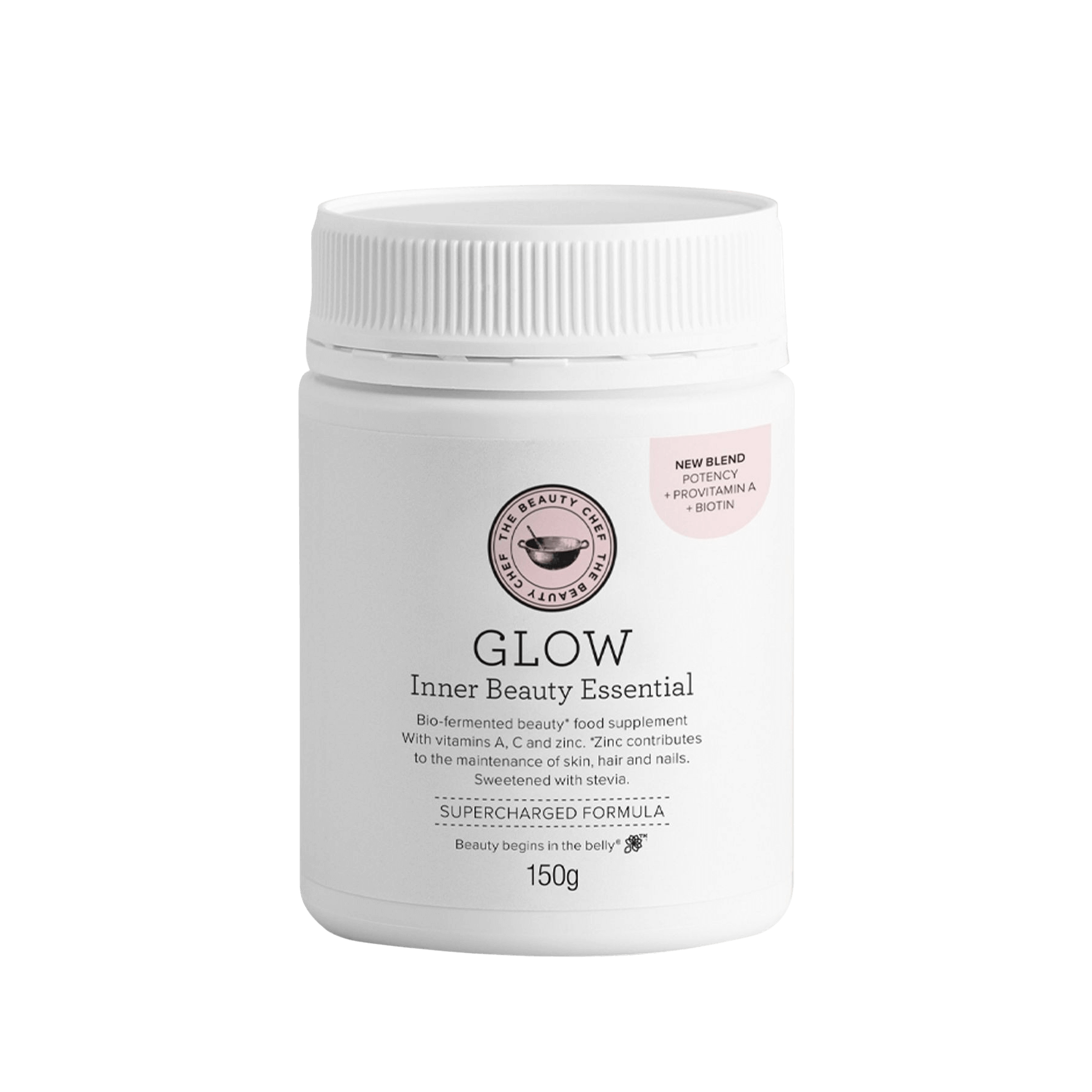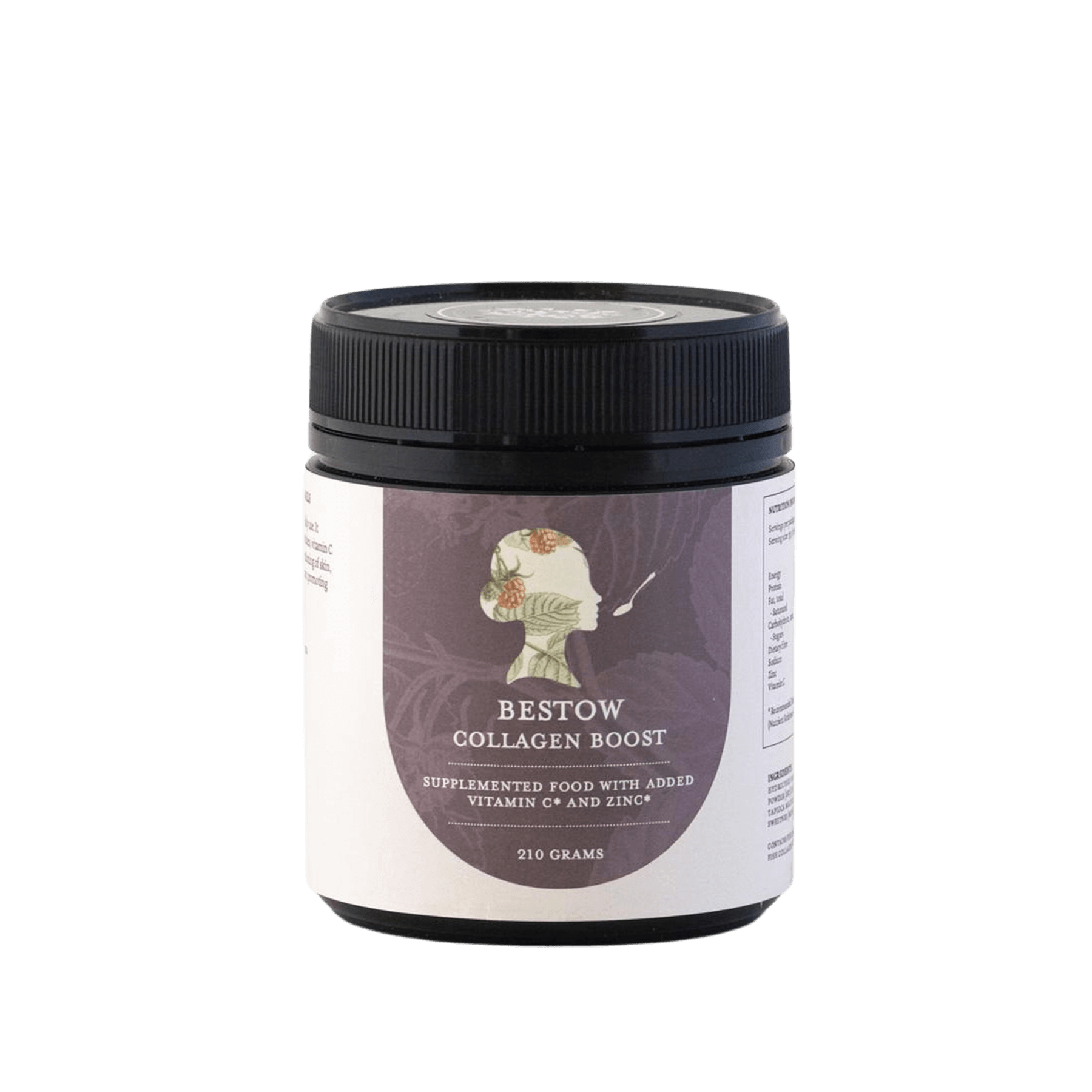What does stress do to your body?

In today's fast-paced society, the culture of chronic stress is often overlooked, yet its impact on our well-being is profound. Pernille Jensen, a leading Naturopath and Clinical Nutritionist, delves into the multifaceted ways stress wreaks havoc on our bodies and minds.
The Hidden Costs of Stress
Chronic stress is not just a mental burden; it has tangible, physiological consequences. It undermines our health, longevity, and quality of life. Stressors aren't limited to obvious triggers like work deadlines or family conflicts. Subtle factors like poor sleep, excessive caffeine, and even over-exercising can also activate our body's stress response.
Where Stress Takes Its Toll
-
Digestive Health: Stress hampers our digestive system, exacerbating conditions like reflux, irritable bowel syndrome, and even leading to Small Intestinal Bacterial Overgrowth (SIBO). It also disrupts the gut microbiome, reducing beneficial bacteria.
-
Metabolic Changes: Under stress, the body goes into survival mode, slowing down metabolism and conserving energy, which can result in weight gain and fatigue.
-
Cognitive Function: Stress not only affects focus and productivity but can also impair memory and cognitive function. Prolonged exposure to stress hormones can even cause brain shrinkage.
-
Mood and Emotions: Stress impacts the brain areas responsible for mood regulation. It also affects the gut, where up to 95% of serotonin, the "feel-good" neurotransmitter, is produced. This gut-brain connection is bidirectional, meaning each affects the other.
-
Immune System: Chronic stress weakens the immune system, making us more susceptible to infections and illnesses.
Strategies for Stress Management
-
Holistic Wellness: Regular exercise, adequate sleep, and a balanced diet are fundamental in stress management.
-
Mindful Breathing: Deep, mindful breathing activates the parasympathetic nervous system, helping to alleviate stress.
-
Gut Health: Incorporate fermented foods and prebiotic and probiotic supplements to support a healthy gut and, by extension, a balanced mood.
-
Therapeutic Massage: Beyond relaxation, massages reduce cortisol levels and increase serotonin, enhancing your body's resilience against stress.
-
Intermittent Fasting: Short intervals of fasting can be beneficial, but prolonged fasting can exacerbate stress. Ensure you're getting essential nutrients, particularly B vitamins, which are crucial for nervous system health.
-
Supplements and Adaptogens: Consider The Gut Co's MULTI-TASKER Multi-Vitamin, which combines activated B vitamins, selenium, and iodine to support a healthy stress response. Adaptogens like Siberian Ginseng, Rhodiola, and Ashwagandha can also help the body adapt to stress.
-
Seek Professional Help: Sometimes, talking to a therapist or joining a support group can provide invaluable emotional relief and coping strategies.
Understanding that stress is not just "in your head" but has far-reaching implications for your physical health is the first step in managing it effectively. Take proactive steps to mitigate stress and enhance your overall well-being.





